Strengthening Peer and Social Connections by Sharing the Experience of Using a Fake ID
Strengthening Peer and Social Connections by Sharing the Experience of Using a Fake ID
For many young people, especially those in college or their teenage years, social integration is a critical part of their development. During this stage of life, people seek to connect with their peers, participate in group activities, and develop a sense of belonging within the larger community. Ohio fake IDs are often used as a tool to facilitate access to social spaces and experiences that are typically age-restricted, such as clubs, bars, and private parties. These venues are often vital to a young person’s socialization, where people can meet new people, connect with others, and participate in various social networks.
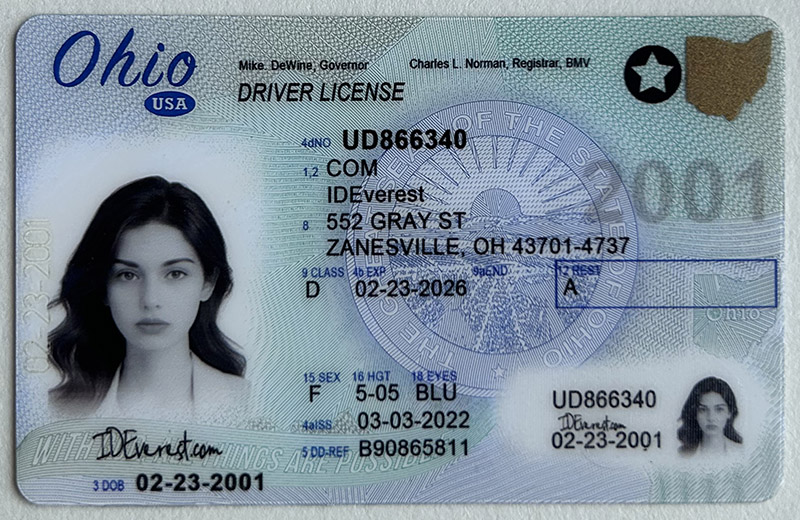
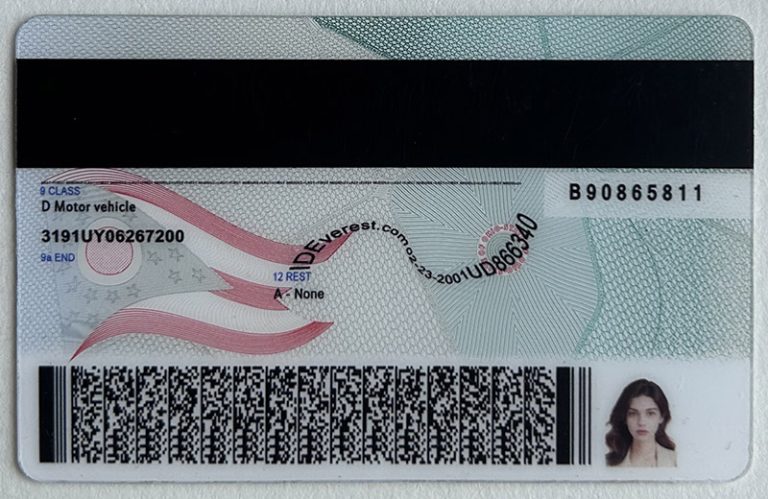
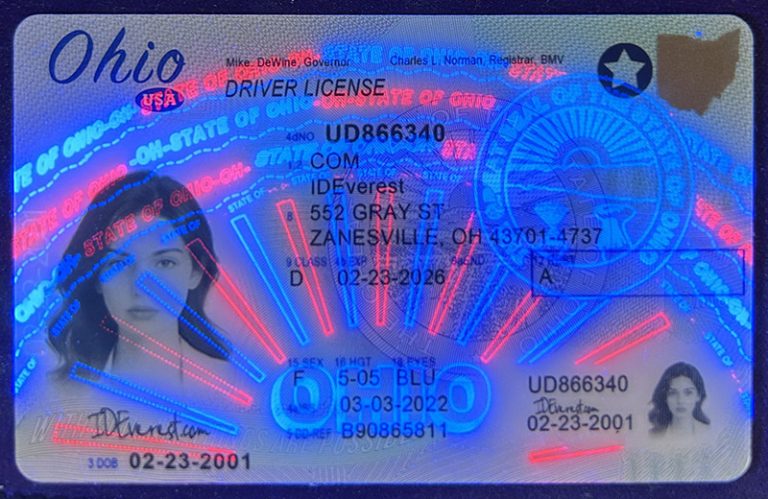
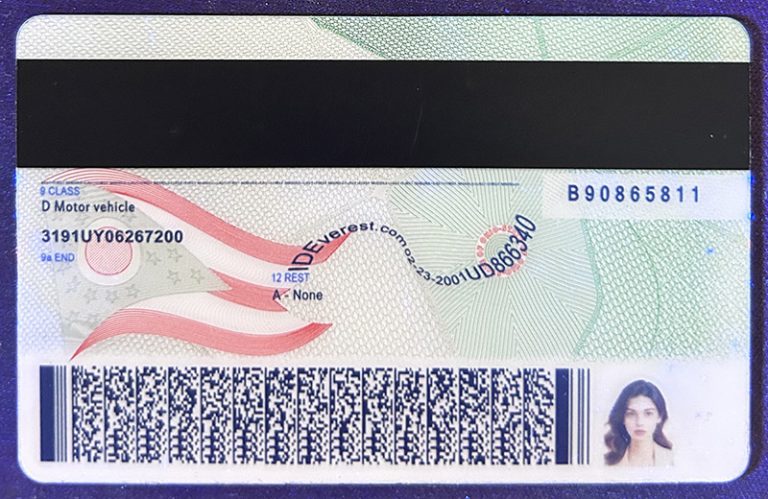
Building Friendships and Social Networks
Fake IDs help young people break down age barriers in many social spaces. For example, many college students may want to attend a popular nightclub or a friend’s party, but are unable to because they are underage. By providing access to these age-restricted venues, fake IDs enable students to participate in the same activities as their peers, preventing them from feeling excluded. Being able to attend these events helps them meet new people, engage in social conversations, and build friendships, which is essential for emotional development during college.
Building a Sense of Belonging
During youth, the sense of belonging to a social group is very strong. Social events, especially those with age restrictions, are often a rite of passage for young people. For example, attending a nightclub for the first time or drinking with friends at a bar is seen as an important step toward adulthood. California fake IDs allow young people to participate in these experiences, which can help build a stronger sense of belonging and identity. Without access to these experiences, individuals may feel alienated or excluded, leading to social anxiety or a lack of connection with their peers. In this case, fake IDs can help alleviate these feelings and ensure that young people are part of the social fabric around them.
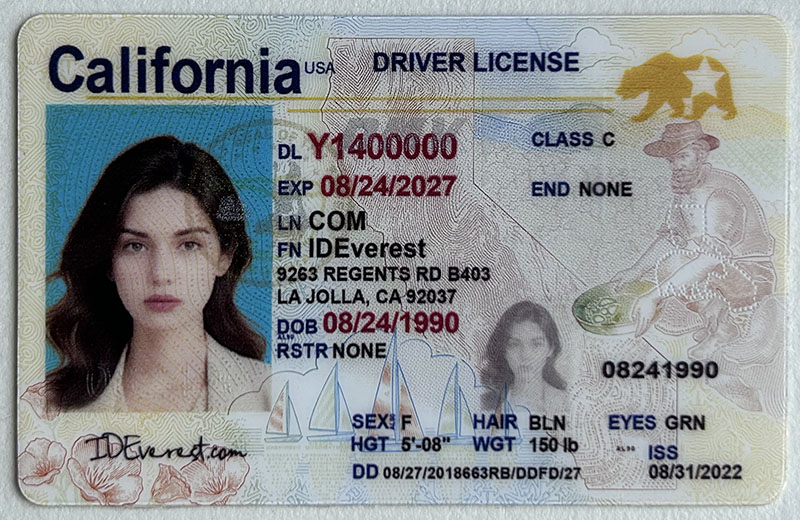
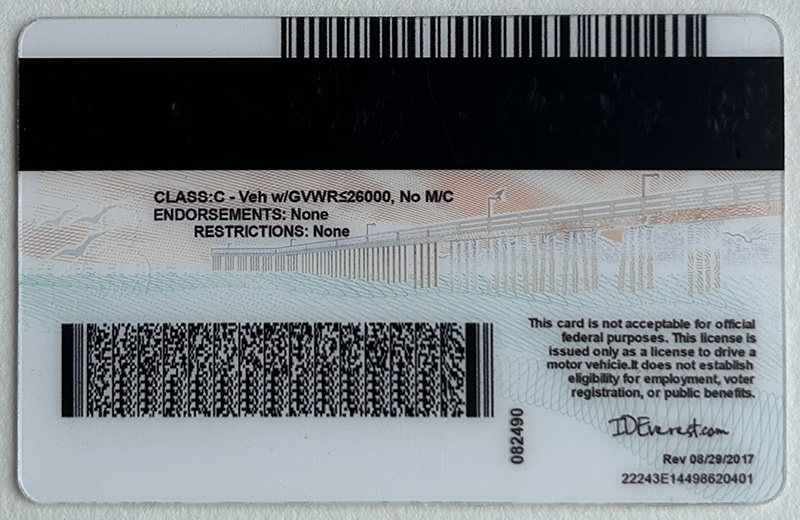
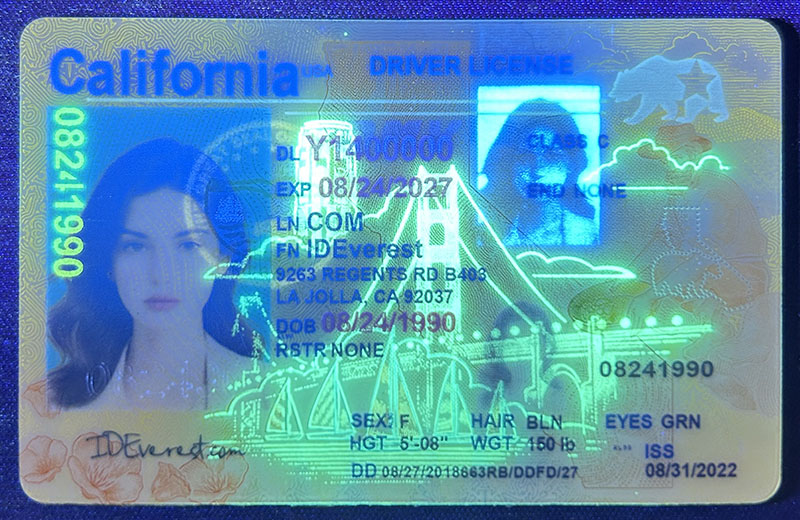
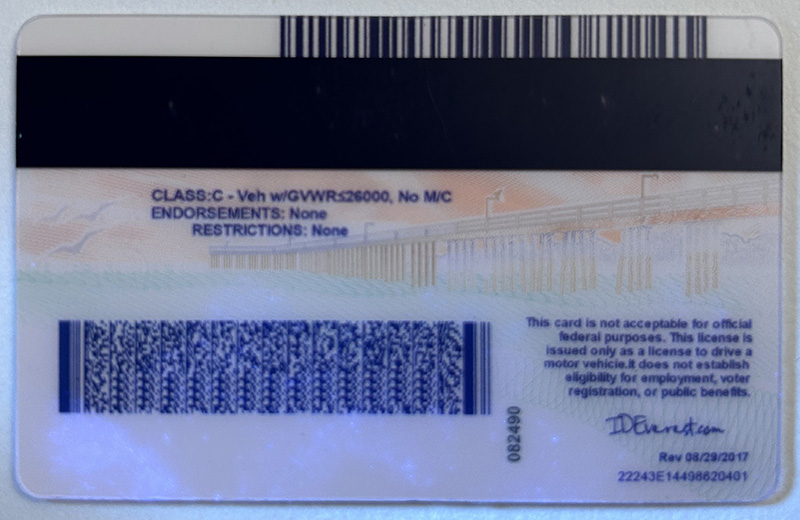
Using fake IDs can provide young people with real-world opportunities to develop and refine their decision-making skills. While the act of using a fake ID can itself be potentially risky, it also requires individuals to carefully assess situations, weigh consequences, and make informed choices. These experiences can be valuable for young people, especially as they transition into adulthood and are required to make more independent decisions.
Developing critical thinking skills
When young people use fake IDs, they are often required to assess the risks involved in entering age-restricted environments or making certain social decisions. They must consider factors such as the potential consequences of getting caught, how to handle the situation responsibly, and how to assess their own safety and well-being. This process encourages the development of critical thinking skills as they learn to think ahead and weigh potential outcomes before making decisions.
Learning to Manage Risk
Using a fake Texas ID also provides an opportunity to learn risk management. While there are inherent risks associated with using a fake ID, individuals who participate in this process often gain a deeper understanding of how to navigate challenges and handle potential setbacks. For example, they may learn to steer clear of situations where they are more likely to be scrutinized, thereby developing a more responsible approach to decision-making. This skill can translate to other areas of their lives, helping them make better decisions when faced with future challenges.
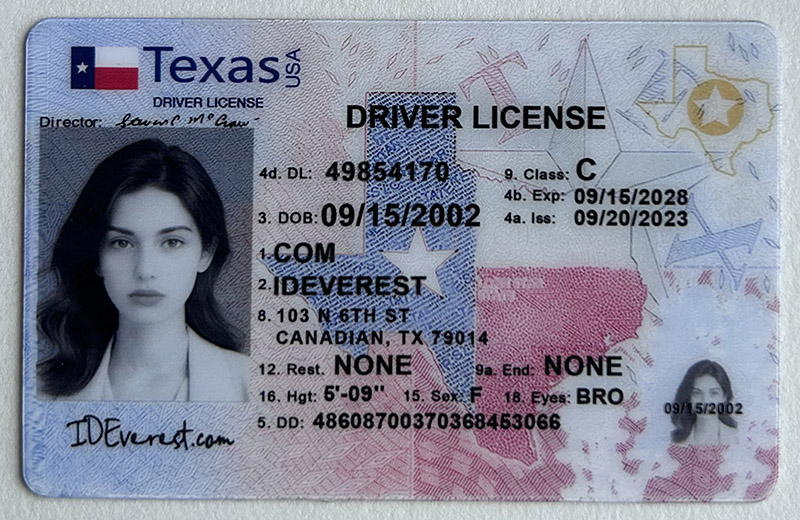
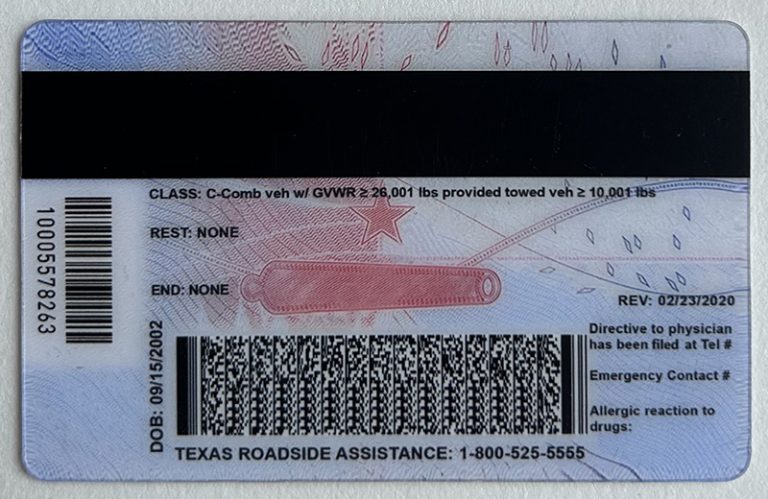
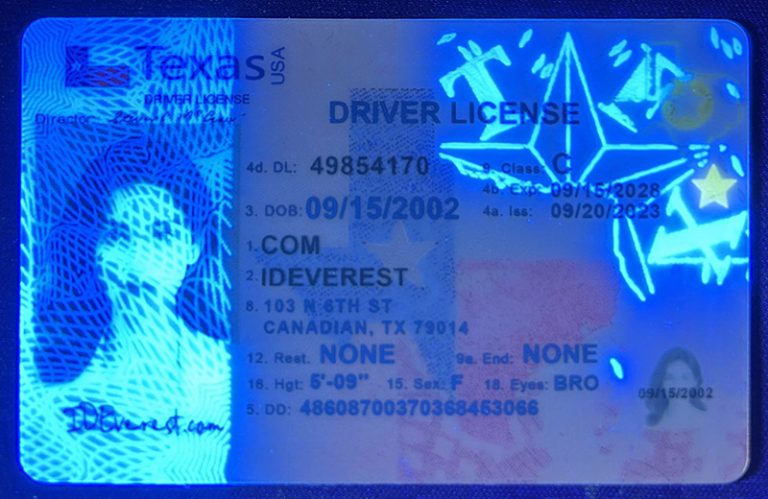
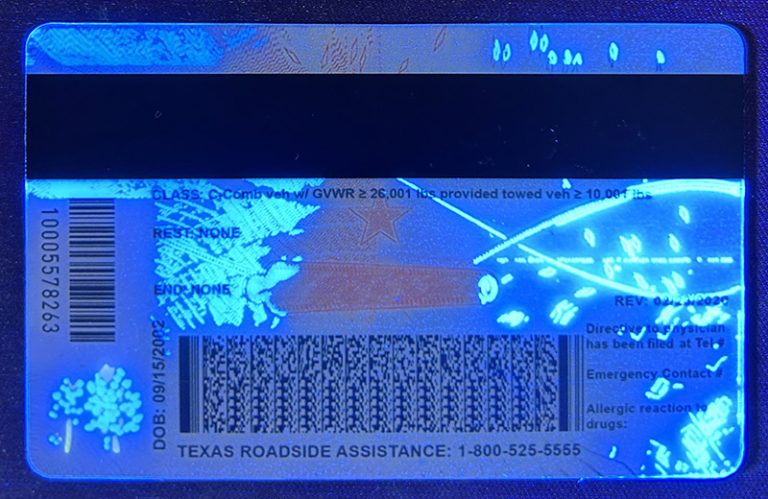
Understanding Boundaries and Consequences
Experiencing the consequences of using a fake ID can help young people learn about personal boundaries and the importance of respecting laws and social norms. By participating in activities that have clear age limits, young people have the opportunity to reflect on what it means to follow society’s rules and what happens when those boundaries are tested. This awareness of boundaries can encourage a more thoughtful and deliberate approach to future decision-making, teaching young people to consider not only the immediate rewards of their actions, but also the long-term consequences.
Developing a Greater Sense of Responsibility
Using a fake Ontario ID often comes with a sense of personal responsibility. Since individuals are responsible for their actions, they must consider the potential risks involved and act in a way that minimizes negative outcomes. This process encourages individuals to take responsibility for their own decisions, fostering a sense of responsibility that can positively impact other areas of their lives, from academic choices to future career decisions.
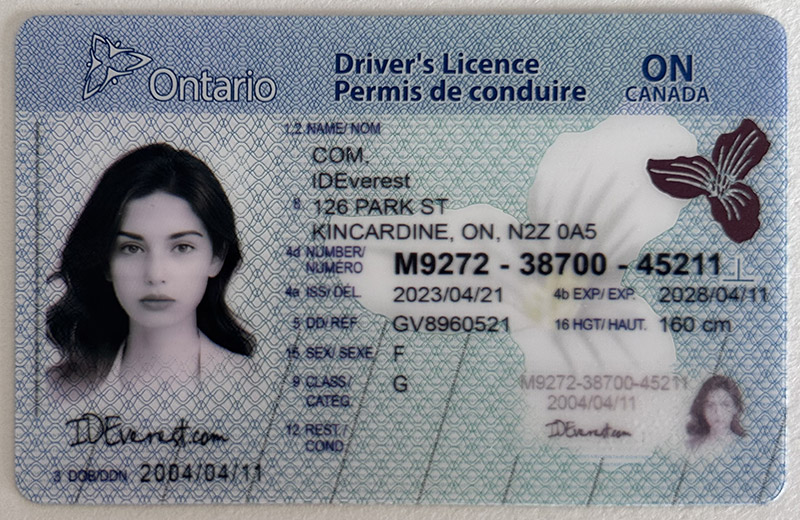
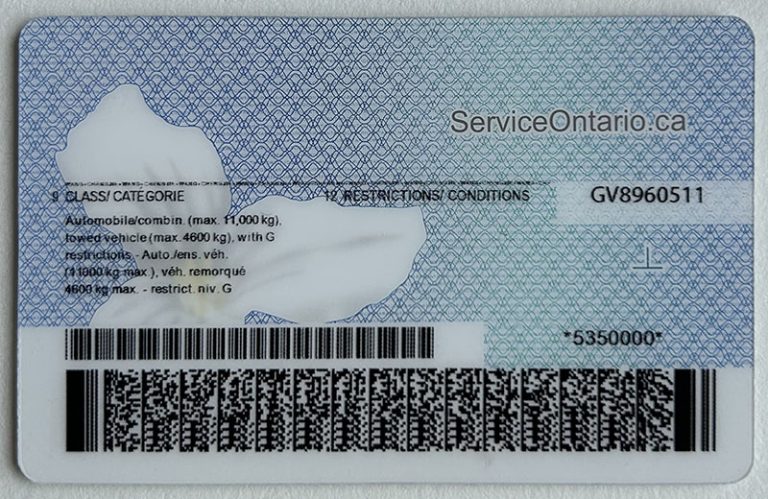
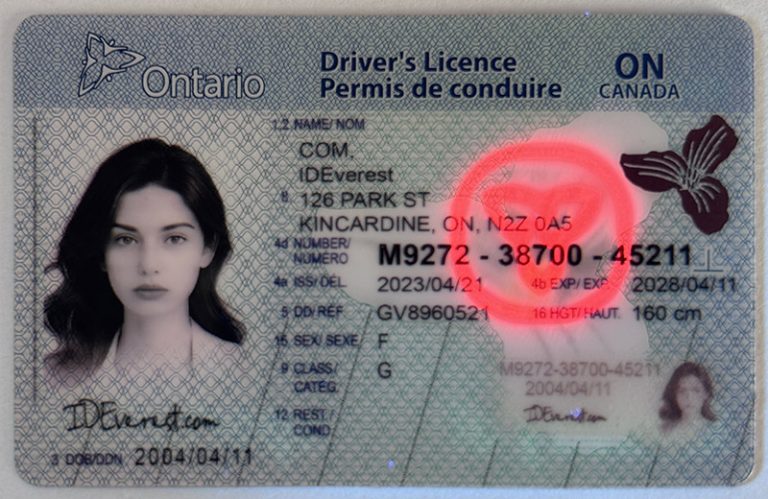
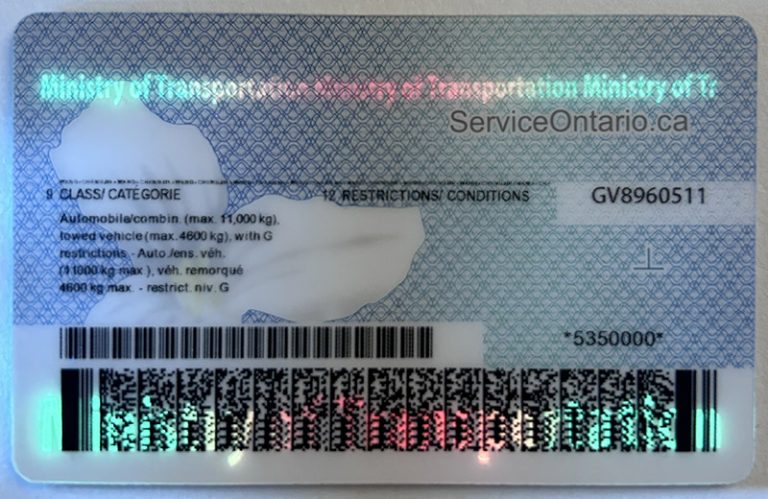
Build Confidence in Decision-Making
The experience of using a fake ID—and facing the challenges associated with it—can also help young people build confidence in their own decision-making abilities. When they respond to risky situations and make responsible choices, they strengthen their ability to make sound decisions in the future. This confidence in their own judgment can extend to other areas of life, whether in personal relationships, education, or career planning, ultimately helping them grow into mature, responsible adults.
Build a Sense of Inclusion
For some people, being excluded from certain social experiences can create feelings of isolation or disconnection. Fake IDs provide individuals with a way to engage with their peers, helping them feel included and part of a group. This enhanced sense of inclusion can positively contribute to their self-esteem and mental health, helping them feel like they belong in their social circles.
Build Shared Memories
Shared experiences, such as attending important social events together, play a key role in building strong peer relationships. Whether it’s attending a concert, going to a club, or celebrating a friend’s milestone, these memories are the foundation for long-term relationships. The more shared memories individuals accumulate with their friends, the more connected they feel, which ultimately strengthens their social network.
Creates opportunities for deeper conversations
Attending social events or gatherings can provide young people with opportunities to engage in meaningful conversations that may not occur in everyday life. These interactions can lead to deeper discussions and help people get to know each other better, deepen their connections, and solidify their friendships.
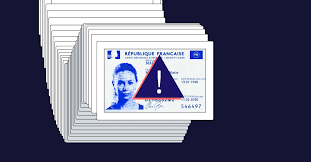 Ohio Fake ID
Ohio Fake ID
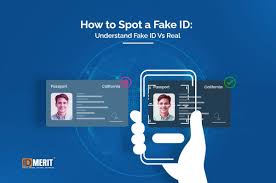 Ontario Fake ID
Ontario Fake ID
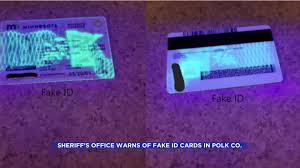 Pennsylvania Fake ID
Pennsylvania Fake ID
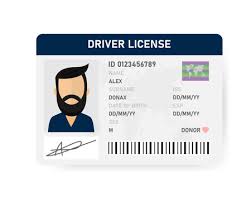 Québec Fake ID
Québec Fake ID